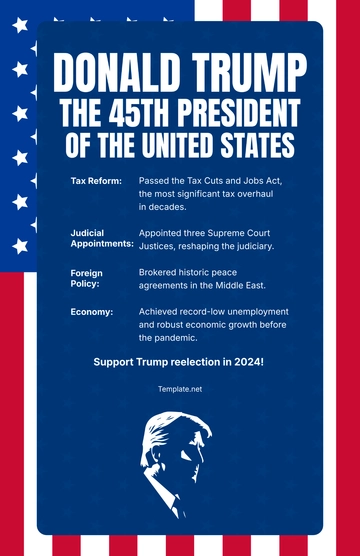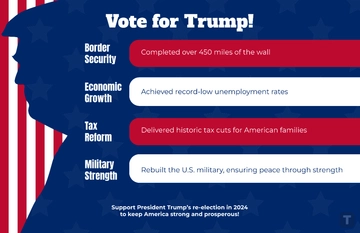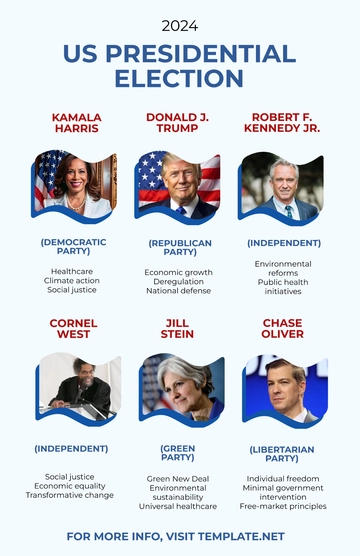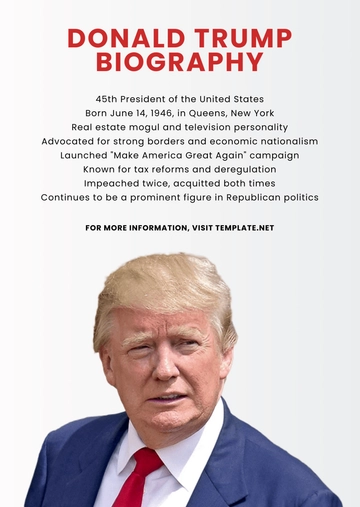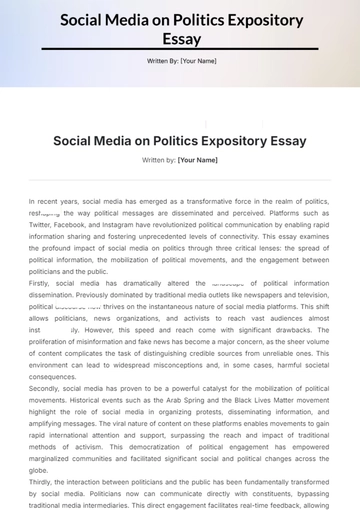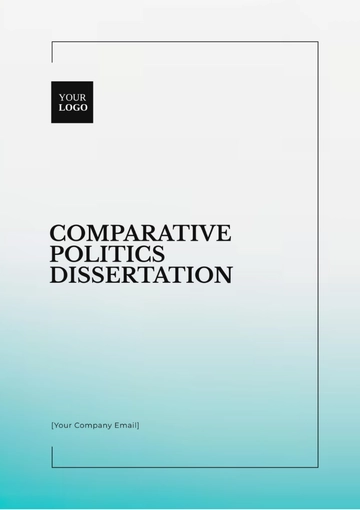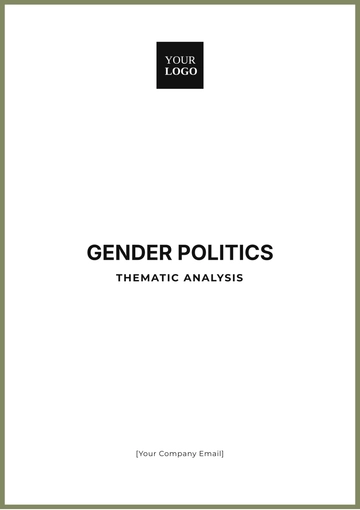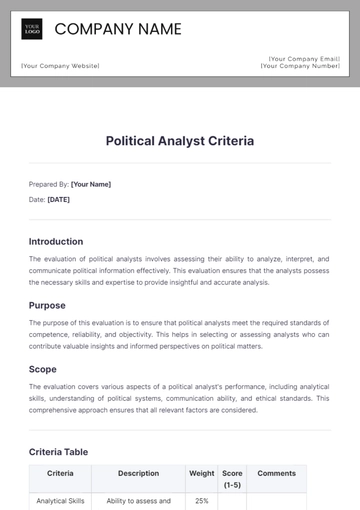Free Politics Article Summary
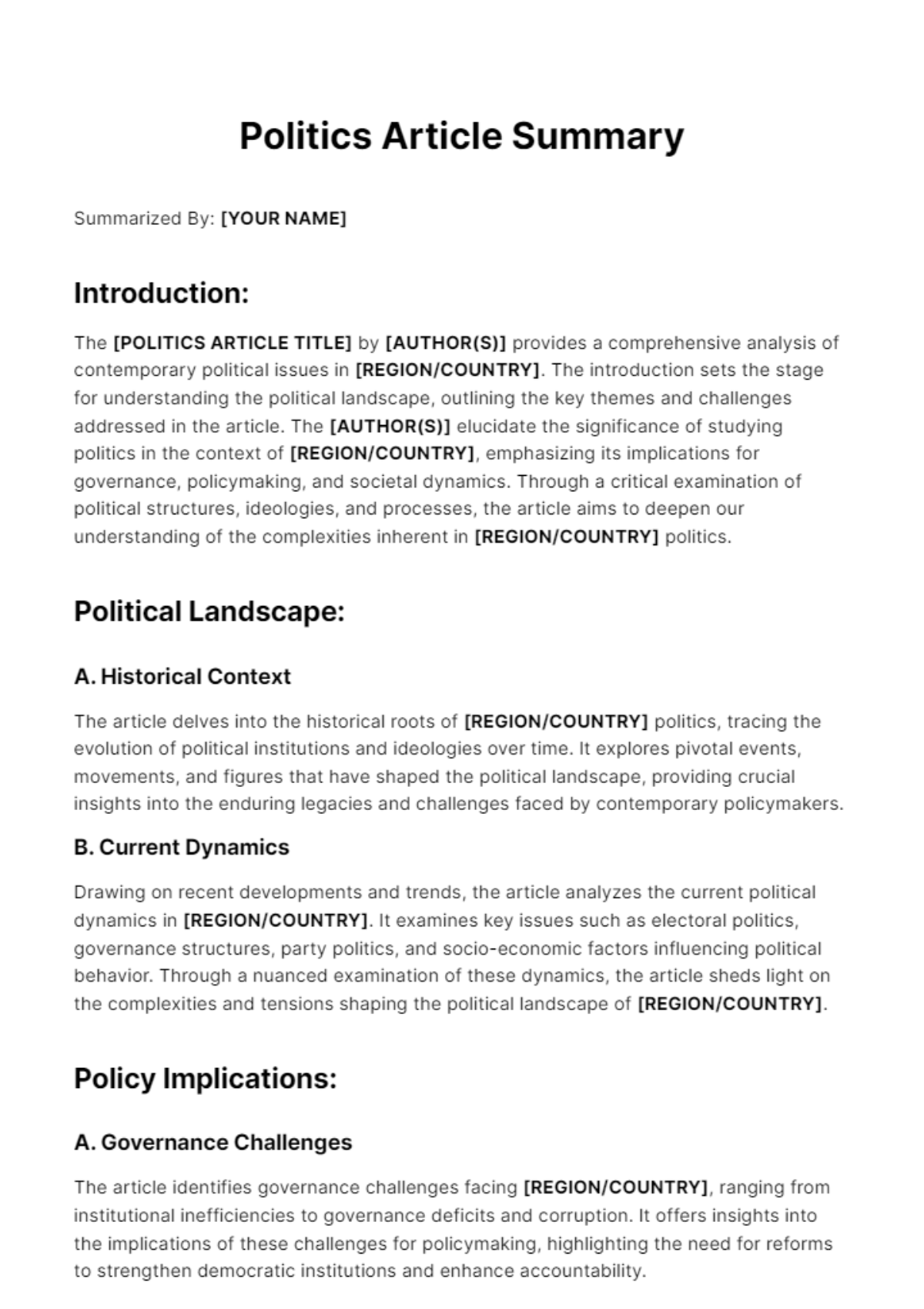
Summarized By: [YOUR NAME]
Introduction:
The [POLITICS ARTICLE TITLE] by [AUTHOR(S)] provides a comprehensive analysis of contemporary political issues in [REGION/COUNTRY]. The introduction sets the stage for understanding the political landscape, outlining the key themes and challenges addressed in the article. The [AUTHOR(S)] elucidate the significance of studying politics in the context of [REGION/COUNTRY], emphasizing its implications for governance, policymaking, and societal dynamics. Through a critical examination of political structures, ideologies, and processes, the article aims to deepen our understanding of the complexities inherent in [REGION/COUNTRY] politics.
Political Landscape:
A. Historical Context
The article delves into the historical roots of [REGION/COUNTRY] politics, tracing the evolution of political institutions and ideologies over time. It explores pivotal events, movements, and figures that have shaped the political landscape, providing crucial insights into the enduring legacies and challenges faced by contemporary policymakers.
B. Current Dynamics
Drawing on recent developments and trends, the article analyzes the current political dynamics in [REGION/COUNTRY]. It examines key issues such as electoral politics, governance structures, party politics, and socio-economic factors influencing political behavior. Through a nuanced examination of these dynamics, the article sheds light on the complexities and tensions shaping the political landscape of [REGION/COUNTRY].
Policy Implications:
A. Governance Challenges
The article identifies governance challenges facing [REGION/COUNTRY], ranging from institutional inefficiencies to governance deficits and corruption. It offers insights into the implications of these challenges for policymaking, highlighting the need for reforms to strengthen democratic institutions and enhance accountability.
B. Current Dynamics
Analyzing the intersection of politics and socio-economic policies, the article examines how [POLITICAL DECISIONS] influence critical domains like healthcare, education, and economic development within [REGION/COUNTRY]. It emphasizes the need for [EVIDENCE-BASED POLICYMAKING] to formulate effective strategies that address pressing socio-economic challenges. Furthermore, the article underscores the significance of [INCLUSIVE GOVERNANCE] in ensuring that policies are responsive to the needs of all segments of society, particularly marginalized communities. By prioritizing evidence-based approaches and fostering inclusive governance, policymakers can strive towards achieving [EQUITABLE DEVELOPMENT] and improving the overall well-being of citizens.
KEY OUTCOMES:
Impact of Political Decisions: The article explores how [POLITICAL DECISIONS] influence critical domains like healthcare, education, and economic development within [REGION/COUNTRY], highlighting the interconnectedness between politics and socio-economic policies.
Importance of Evidence-Based Policymaking: It emphasizes the need for [EVIDENCE-BASED POLICYMAKING] to formulate effective strategies that address pressing socio-economic challenges, advocating for policies grounded in empirical research and data-driven insights.
Role of Inclusive Governance: The article underscores the significance of [INCLUSIVE GOVERNANCE] in ensuring that policies are responsive to the needs of all segments of society, particularly marginalized communities, promoting social equity and inclusion.
Equitable Development: By prioritizing evidence-based approaches and fostering inclusive governance, policymakers can strive towards achieving [EQUITABLE DEVELOPMENT] and improving the overall well-being of citizens, fostering a more just and prosperous society.
SUMMARY:
The article examines how political decisions impact critical domains like healthcare, education, and economic development within [REGION/COUNTRY], emphasizing the need for [EVIDENCE-BASED POLICYMAKING] and [INCLUSIVE GOVERNANCE] to address socio-economic challenges and foster equitable development. It highlights the interconnectedness between politics and socio-economic policies, advocating for policies grounded in empirical research and data-driven insights. By promoting [INCLUSIVE GOVERNANCE], policymakers can ensure that policies are responsive to the needs of all segments of society, promoting social equity and inclusion. Overall, prioritizing [EVIDENCE-BASED POLICYMAKING] and fostering [INCLUSIVE GOVERNANCE] can lead to more equitable development and improved well-being for citizens.
Conclusion:
In conclusion, the [POLITICS ARTICLE TITLE] provides a comprehensive analysis of the political landscape in [REGION/COUNTRY]. The [AUTHOR(S)] highlight the complexities and challenges inherent in [REGION/COUNTRY] politics, while also offering insights into potential pathways for reform and progress. The article concludes with a call for continued research and dialogue to deepen our understanding of political dynamics and inform effective governance strategies in [REGION/COUNTRY].
- 100% Customizable, free editor
- Access 1 Million+ Templates, photo’s & graphics
- Download or share as a template
- Click and replace photos, graphics, text, backgrounds
- Resize, crop, AI write & more
- Access advanced editor
Unlock the power of political insight with Template.net's Politics Article Summary. This editable and customizable resource offers succinct summaries of complex political topics, empowering users to stay informed. Crafted for clarity and precision, it's easily editable in our Ai Editor Tool, ensuring tailored analyses for every reader.










